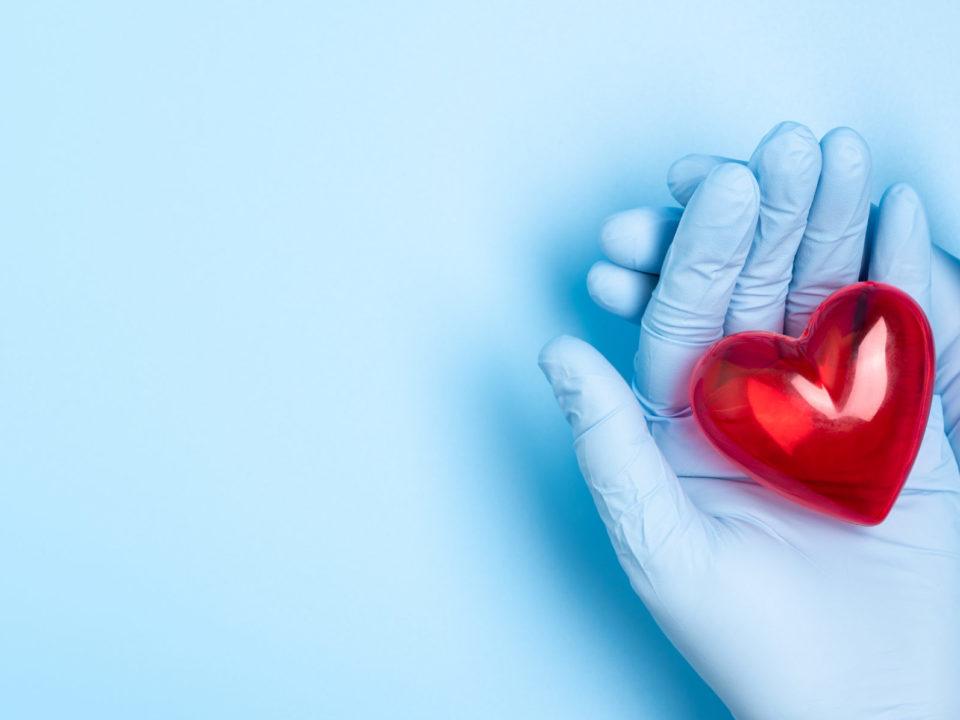The Truth about Postpartum Depression
After the birth of a baby, many mothers experience the ‘baby blues’, a short period of feeling sad or tearful, which can be triggered by hormonal changes after giving birth. Sleep deprivation and anxiety, especially in first time mothers, may add to these feelings. It is a conflicting time; joy, excitement, anxiety and fear. Add to that the baby blues and mothers can feel overwhelmed.
While the baby blues include mood swings, crying spells, anxiety and difficulty sleeping and begin two to three days after the birth, they only last about two weeks.
When the feeling of sadness is more severe and lasts longer it is known as postpartum depression. There is also an extreme mood disorder which may develop after childbirth – postpartum psychosis.
Postpartum depression is not a character flaw
The most important thing to remember is that postpartum depression is not a character flaw or a weakness. There could be genetic factors, or physical or emotional causes. Factors such as sleep deprivation, personality disorder, complications during birth or pregnancy, a young maternal age, high sensitivity to hormonal change, or psychiatric illness can play a role.
Giving birth is not the only major change you have gone through. Having a baby to take care of is a huge emotional upheaval. It can be overwhelming and as many babies need almost constant attention, sleep may be hard to come by. As a result, you may be struggling to handle even minor problems. Added to that, you may be concerned about how to take care of a baby. Your body doesn’t recover immediately and so you may not feel as attractive as before you were pregnant. You have may feel you have lost control of your life, even of your own identity.
Find out more about how to deal with Anxiety and Depression here.
The difference between baby blues, postpartum depression and postpartum psychosis
1. Baby Blues
The baby blues usually occur for a few days after birth to a week or two. Mothers may suffer from mood swings, anxiety, irritability, reduced concentration, trouble sleeping, tearfulness, lack of appetite, and sadness or feeling overwhelmed.
Treatment:
Fortunately the baby blues usually fade on their own within a few days to one to two weeks. Mothers are advised to get as much rest as they can, accept help from family and friends, connect with other new moms, create time to take care of themselves and avoid alcohol and recreational drugs, which can make mood swings worse.
2. Postpartum Depression
Symptoms may emerge either during pregnancy or the first few weeks after birth to as long as a year after birth. Red flags to watch out for are excessive feelings of fatigue, irritability, anger, sadness, guilt, worthlessness or inadequacy. You may struggle to concentrate, think clearly or make decisions; you may lose interest in former pleasures and activities, or want to withdraw from family and friends. Thoughts of harming yourself or your baby or recurrent thoughts of death or suicide are serious warning signals. Sleep disorders, eating disorders and excessive weeping are also common symptoms.
Treatment:
The good news is that with appropriate treatment, most mothers recover from postpartum depression. It is often treated with psychotherapy or medication, or both.
It may help to talk through your concerns with a psychiatrist, psychologist or other mental health professional. Through therapy, you can find better ways to cope with your feelings, solve problems, set realistic goals and respond to situations in a positive way. Sometimes family or relationship therapy also helps.
Your doctor may recommend an antidepressant that can be used during breast-feeding with little risk of side effects for your baby. But be sure to work with your doctor to understand the potential risks and benefits of specific medications.
In some cases, postpartum depression can continue, becoming chronic depression. It’s therefore very important to continue treatment after you begin to feel better as stopping treatment too soon may lead to a relapse.
3. Postpartum Psychosis
This condition can develop within the first week after delivery and can become an ongoing problem, with some patients developing bipolar disorder or schizophrenia.
Symptoms can include paranoia, excessive energy and agitation, confusion and disorientation, sleep disturbances, attempts to harm yourself or your baby, difficulty bonding with your baby, poor concentration, obsessive thoughts about your baby, or hallucinations and delusions.
Treatment:
Postpartum psychosis could lead to life-threatening thoughts or behaviours and needs immediate treatment. Patients with postpartum psychosis will need long term specialist medical care.
Treatment may include hospital admission and require a combination of medications to control the symptoms. Other interventions, such as electroconvulsive therapy (ECT), can also be successful in reducing the symptoms.
A mother who experiences this condition will need to work with her doctor to deal with the challenges of breastfeeding and possible separation from her baby.
You do not have to struggle alone
If you think you may have postpartum depression, make an appointment with your doctor immediately. With prompt treatment you will be able to manage your symptoms.
If you feel you, or someone you know, may be suffering from the baby blues, postpartum depression and especially if you suspect postpartum psychosis, please make an appointment with your doctor immediately.
Find out more about how to deal with depression during the holidays here.
The lenmed Group is a world-class chain of Private Hospitals that brings quality healthcare to communities across Southern Africa.
For more information, contact:
Dr Mathabethe Sebei (Psychiatrist)
MBChB Medunsa (2001), FC Psych (2011)
Randfontein Private Hospital
Tel: +27 (0) 11 411 3024
Email: [email protected]
Disclaimer: Any information contained here is merely a guideline. Always visit your healthcare practitioner for any health-related advice or diagnosis.
















